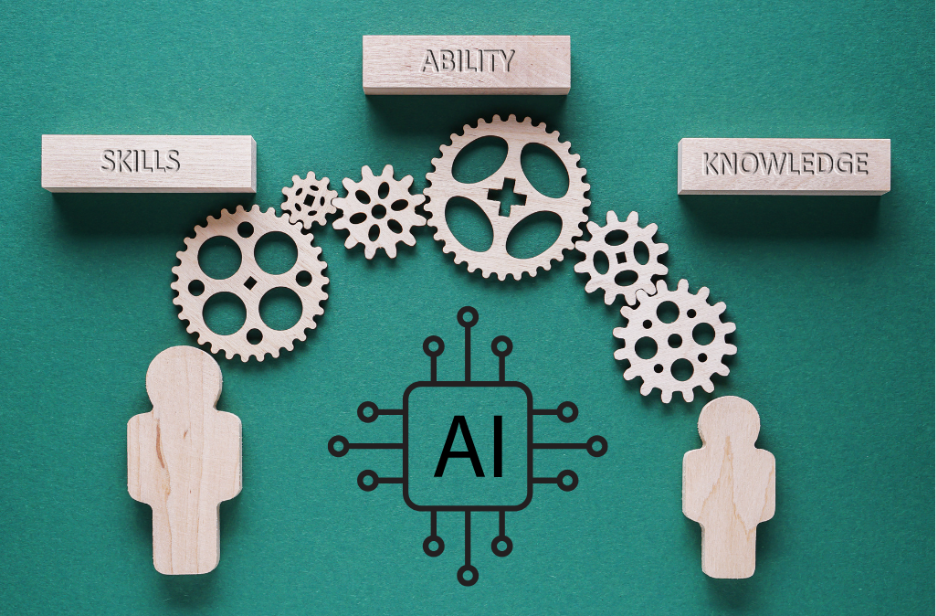
AI in the Skills Economy : Matching Potential with Opportunity
AI in the Skills Economy : Matching Potential with Opportunity
Skills Over Roles
The global economy is shifting from job-based hiring to skills-based hiring. A report by the World Economic Forum predicts that 50% of all employees will need reskilling by 2027, driven by automation, AI, and evolving market needs. The challenge? Companies struggle to map existing skills, identify future needs, and create equitable opportunities for employees to grow. This is where AI is revolutionizing the skills economy.
Mapping the Skills Landscape with AI
Automated Skill Inventory: AI scans performance data, project work, and learning history to create a live skills profile for each employee.
Skill Adjacency Analysis: Identifies skills that are closely related and easier to learn, accelerating career pivots.
Industry Benchmarking: Compares internal skill levels against market demands, ensuring competitiveness.
AI-Driven Opportunity Matching
Dynamic Role Matching: AI identifies internal projects or roles where an employee’s skills could be a match — often uncovering non-obvious opportunities.
Learning Path Recommendations: Suggests courses, mentorships, and stretch assignments to bridge gaps.
Bias Reduction in Opportunity Allocation: By using skills data instead of subjective opinions, AI helps democratize access to high-value projects.
Industry Impact
LinkedIn’s 2024 Workplace Learning Report shows companies using AI for skills mapping are 42% more likely to retain top performers.
McKinsey data suggests organizations that prioritize skills over roles see up to 50% faster internal mobility.
Conclusion
The skills economy is not about replacing jobs — it’s about enabling agility. AI makes it possible to see beyond titles, unlocking a system where potential meets opportunity in real time.
entomo’s platform enables organizations to continuously map, match, and develop skills for future-readiness.